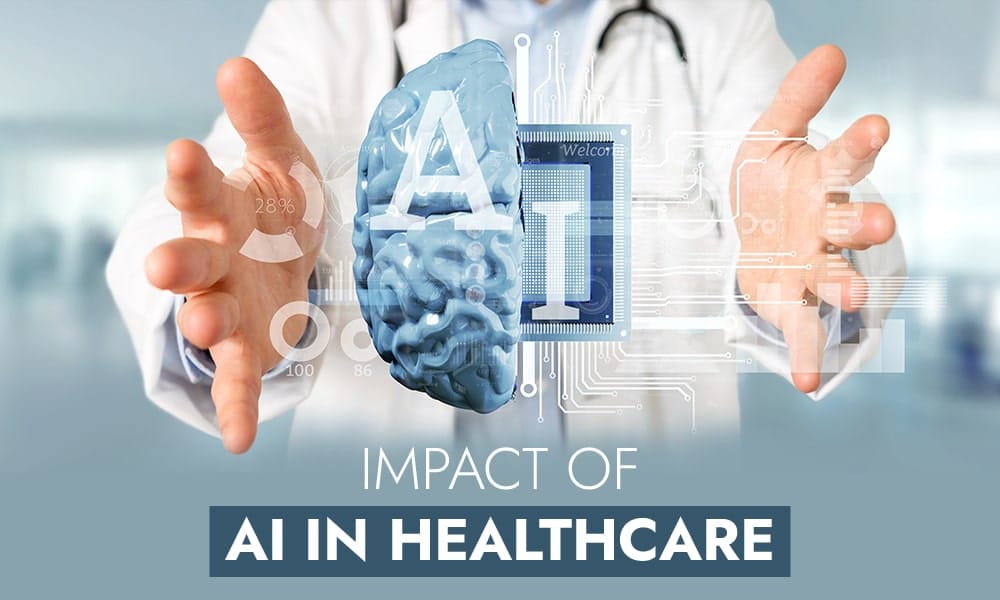
AI’s Impact on the Future of Healthcare: Breakthroughs and ChallengesAI’s Impact on the Future of Healthcare: Breakthroughs and Challenges Artificial intelligence (AI) is rapidly transforming various aspects of healthcare, offering immense potential for breakthroughs and improvements. However, it also presents several challenges that need to be addressed for its successful and responsible implementation. Breakthroughs: * Improved Diagnostics and Precision Medicine: AI algorithms can analyze vast amounts of medical data, including images, electronic health records, and genomic information, to detect diseases earlier and more accurately. This enables personalized treatment plans based on individual patient profiles. * Automated Drug Discovery and Development: AI can screen millions of compounds and predict their pharmacological properties, accelerating the process of drug discovery and reducing the time required to bring new therapies to market. * Preventive Care and Disease Monitoring: AI-powered wearables and sensors can continuously monitor vital signs and detect potential health issues, allowing for proactive interventions and early prevention. * Enhanced Patient Engagement and Empowerment: AI chatbots and virtual assistants can provide personalized health guidance, support decision-making, and improve patient access to healthcare services. * Telehealth and Remote Care: AI enables the delivery of healthcare services remotely, bridging the gap between patients and healthcare providers, particularly in underserved or geographically isolated areas. Challenges: * Data Privacy and Security: AI systems rely on vast amounts of healthcare data, which raises concerns about data breaches and unauthorized access. Robust data protection measures are crucial to ensure patient privacy. * Bias and Fair AI: AI algorithms can inherit biases from the data they are trained on, leading to unfair or inaccurate results. It is essential to address bias in data collection and algorithm design to ensure equitable healthcare outcomes. * Ethical Considerations: The use of AI in healthcare raises ethical concerns related to patient autonomy, informed consent, and the allocation of resources. Appropriate guidelines and regulations are needed to ensure ethical AI practices. * Integration with Existing Healthcare Systems: Integrating AI technologies into existing healthcare systems can be complex and resource-intensive. Hospitals and healthcare organizations need to invest in infrastructure and training to harness the full potential of AI. * Healthcare Workforce Impact: AI automation may lead to job displacement in certain sectors, while creating new opportunities in others. Healthcare providers need to adapt to changing skills requirements and embrace AI as a tool to enhance their capabilities. Conclusion: AI has the potential to revolutionize healthcare by improving diagnostics, drug discovery, preventive care, patient engagement, and telehealth. However, it also presents challenges related to data privacy, bias, ethical considerations, system integration, and workforce impact. By addressing these challenges and implementing AI responsibly, we can harness its transformative power to improve health outcomes and create a more equitable and accessible healthcare system for all.
Posted inNews